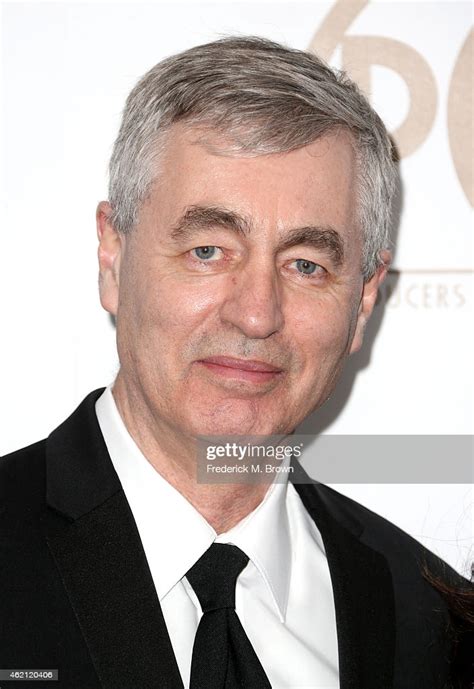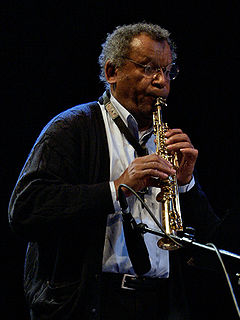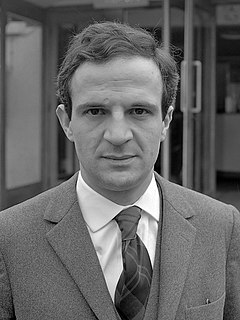A Quote by Alex Stapleton
First of all, on a cinematic [level], the film answer to that is that Roger Corman was creatively responsible for a lot of cinema history.
Quote Topics
Related Quotes
If you take a movie like Easy Rider which everyone counts as the beginning of New Hollywood, that is a big movement. And then, when you really dissect that film and the people that were behind that movie, you realize that it has Roger Corman written all over it. Easy Rider is a hybrid film, taking The Trip and The Wild Angels and making a new explosion. And the people that were making it, guess what, they were all [people who had worked with Roger Corman].
Peter Fonda was just this clean, cookie-cutter kind of a guy. Roger Corman turned him into the motorcycle man with The Wild Angels. Jack Nicholson, all of them, they all had these images that Roger Corman fueled, and Easy Rider, it was a big surprise to understand how much creative influence Roger had. A lot of people dismiss him as just launching famous people's careers or being a penny pinching producer, but he's so much more than that.
I also got to know Roger Corman a bit while we were on location in Mendocino. And then, subsequently, a woman who also worked on The Dunwich Horror named Tamara Asseyev and I teamed up and co-produced a picture that I wrote and directed, called Sweet Kill, that Roger Corman's then-new company distributed.
There hadn't been one done since the late 70s. I was living in Brooklyn, had no connection to Roger Corman, to no one in this movie. I didn't go to film school. I'm like the person who should have never made this film. But I just decided to put one foot in front of the other. I was writing film articles for magazines at the time. I convinced an editor from one of the magazines that I was working for to give me a shot to do a piece on Roger. This was an excuse to go meet him.
More than my other films, Uncle Boonmee is very much about cinema, that's also why it's personal. If you care to look, each reel of the film has a different style - acting style, lighting style, or cinematic references - but most of them reflect movies. I think that when you make a film about recollection and death, you have to consider that cinema is also dying - at least this kind of old cinema that nobody makes anymore.




























